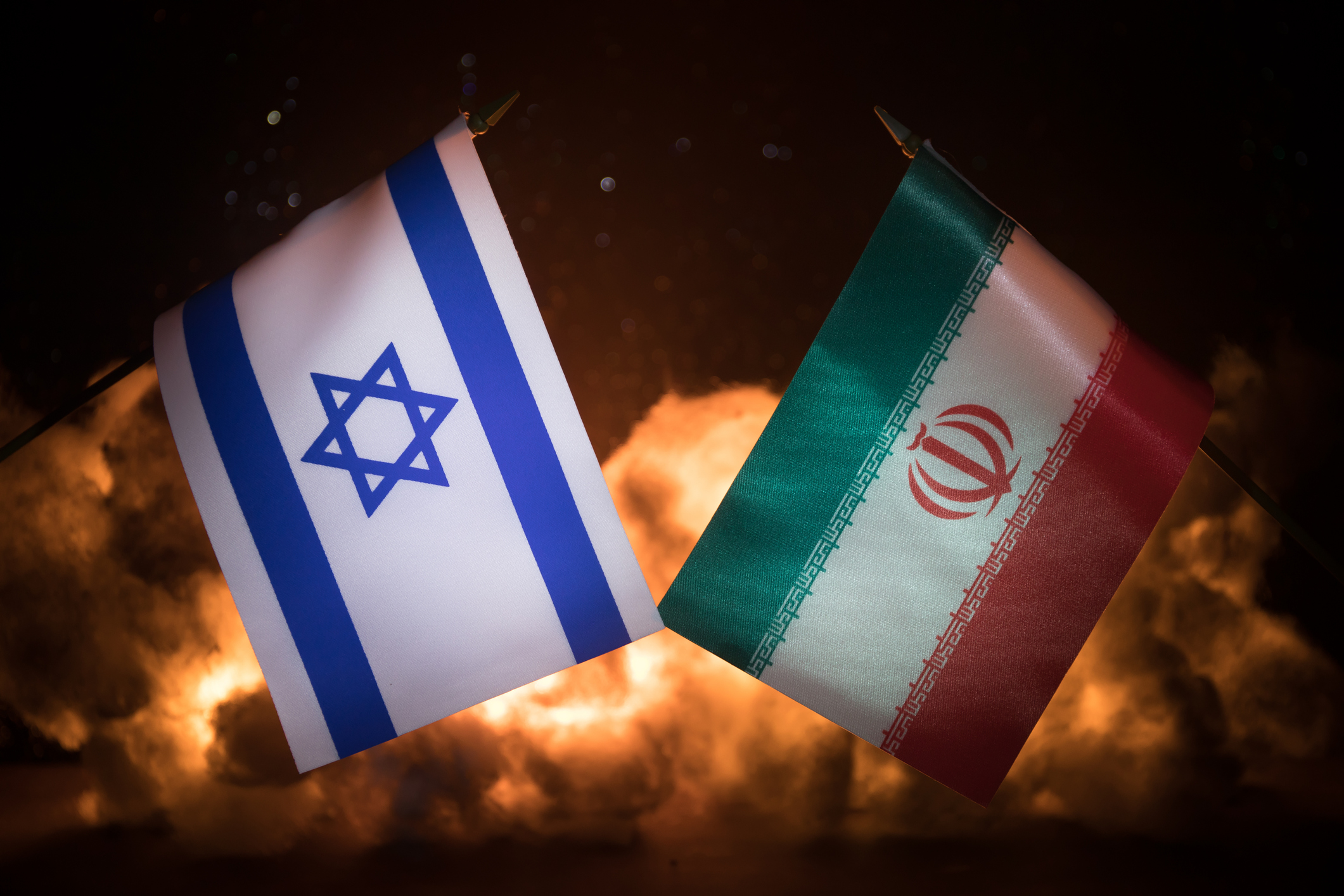
As tensions between Iran and Israel escalate, a parallel war is unfolding—not on battlegrounds, but in the arena of information. In the midst of this volatile environment, India and Israel have forged a disinformation axis aimed at misrepresenting the regional geopolitical landscape. Their latest narrative accuses Pakistan, China, and Russia of covertly supporting Iran in the ongoing conflict—a claim with no credible basis, intelligence, or strategic logic. This is less about facts and more about manipulating perceptions to serve narrow geopolitical agendas.
The Indo-Israeli accusation comes at a time when both countries are facing increasing diplomatic pressure: Israel for its role in escalating hostilities, and India for its diminishing influence in an emerging multipolar world order. By floating baseless theories of a so-called “anti-West bloc”, this alliance seeks to externalize blame and broaden the conflict narrative to include countries that have no direct involvement.
This is not a new tactic. When unilateral policies or aggressive posturing draw global scrutiny, the default response has often been to conjure enemies, invoke Cold War tropes, and frame multipolar engagement as subversion. The current narrative alleging that Pakistan, China, and Russia are aligned in aiding Iran is a classic example of narrative engineering. It relies not on facts, but on strategic misinformation to deflect attention and justify aggressive behavior.
Pakistan’s foreign policy has consistently emphasized non-intervention, peace, and regional stability. It has repeatedly urged restraint and diplomacy in Middle Eastern affairs. There is no evidence—open-source or classified—that Pakistan has extended any material or strategic support to Iran in its conflict with Israel. Accusations to the contrary are not only factually incorrect, they are deliberately designed to entangle Islamabad in a crisis it has sought to defuse, not fuel.
Pakistan has a longstanding tradition of balancing relations with key states across ideological and geopolitical divides. From Riyadh to Tehran, from Washington to Beijing, Islamabad has always chosen strategic neutrality over polarizing allegiances. The idea that it would now abandon that posture to partake in a confrontation that risks regional implosion is strategically absurd and politically motivated.
The real story is the weaponization of information. By injecting false claims into global discourse, India and Israel aim to undermine the credibility of emerging powers—especially those who challenge the exclusivity of Western-led narratives. The goal is to frame multipolar diplomacy as a threat, rather than a legitimate global rebalancing.
China and Russia, like Pakistan, have issued calls for de-escalation, not provocation. While they may disagree with Western hegemony in principle, equating their independent foreign policies with war-mongering is a dangerous distortion. It also reflects an alarming tendency by India and Israel to label any divergent voice as an adversary, a tactic that threatens to polarize the global order even further.
India’s role in this disinformation operation is particularly telling. Having faced diplomatic setbacks in its immediate neighborhood, strained relations with traditional allies, and growing criticism for its internal human rights record, India is using the Iran-Israel crisis as a strategic distraction. By piggybacking on Israeli narratives, New Delhi hopes to reassert its relevance in a rapidly shifting geopolitical landscape.
But this opportunistic alignment comes at a cost. Rather than acting as a stabilizer in the Global South, India is choosing to amplify conflict narratives, embracing Israel’s siege mentality, and participating in guilt-by-association campaigns that undermine the very idea of sovereignty and independent diplomacy.
The Indo-Israeli attempt to frame Pakistan, China, and Russia as part of a conflict-oriented “bloc” serves a singular purpose: to preemptively isolate Iran, and by extension, punish those who dare advocate for alternative security architectures. It’s a desperate bid to reframe a geopolitical crisis as a moral crusade, where allies are saints and critics are saboteurs.
But this binary view is not sustainable. The world is no longer receptive to narratives that reduce complex conflicts to simplistic alliances. The so-called anti-West bloc exists only in the imaginations of those who fear a world where power is distributed, not concentrated.
The current Iran-Israel war is tragic and dangerous enough without the added layer of misinformation. Indo-Israeli disinformation operations do not advance peace—they inflame tensions, distort diplomacy, and vilify the innocent. The global community must see through this theatre and demand accountability from those manufacturing consent for conflict.
Pakistan, China, and Russia have every right to pursue independent foreign policies without being framed as conspirators in a war they did not start. If there is any real threat today, it is the corruption of truth through propaganda, not the balanced diplomacy of those advocating restraint.
The region needs de-escalation, not demonization. It needs facts, not fabrications.
